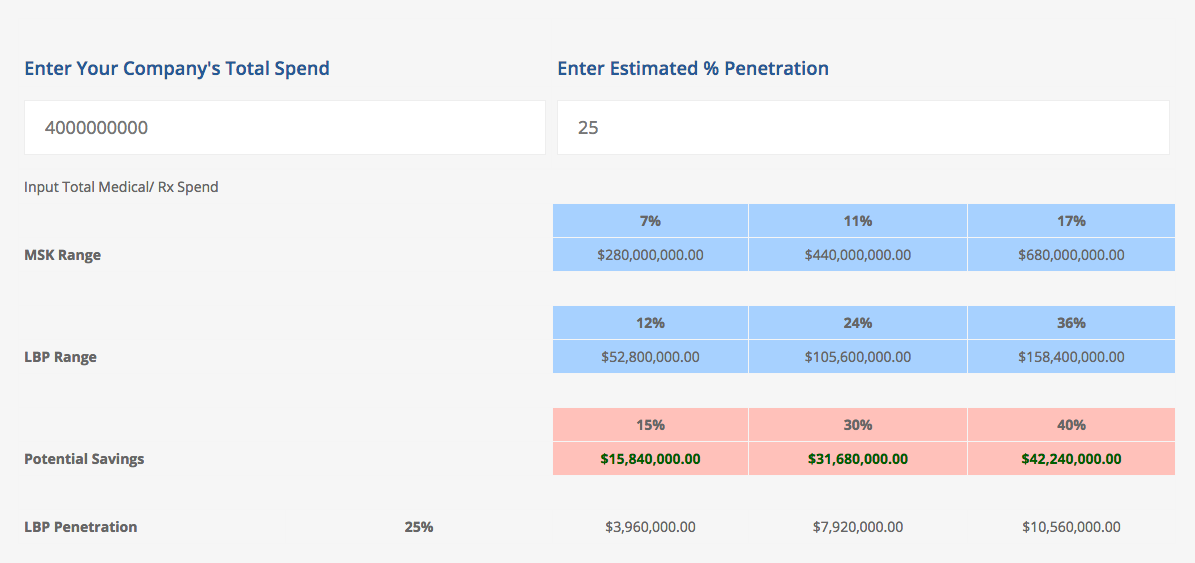
DFWBGH Rolls Out the Lone Star Depression Challenge in the Workplace, in partnership with Meadows Mental Health Policy Institute
The DFW Business Group on Health, a coalition of 65 leading DFW area employers, is honored to partner with Meadows Mental Health Policy Institute (MMHPI) in its Lone Star Depression Challenge (LSDC)*, a collaborative initiative with UT Southwestern Center for Depression Research & Clinical Care, Harvard Medical School Department of Global Health & Social Medicine, and The Path Forward for Mental Health & Substance Use Disorders**. The goal is to improve access to high quality, timely and affordable mental and behavioral healthcare in North Texas and increase adoption of depression screening and treatment. DFWBGH’s role is to advance this goal within the DFW business community.
*Learn more about MMHPI’s Lone Star Depression Challenge (LSDC)
**DFWBGH is one of 8 coalitions participating as Regional Employer Stakeholder Engagement Teams in the National Alliance’s “Path Forward for Mental Health and Substance Use Disorders”. Our partnership with MMHPI is an integral part of the overall Path Forward initiative and a specific activity of our North Texas RESET function.
Learn more about The Path Forward
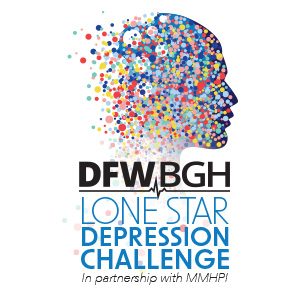
As part of the Lone Star Depression Challenge (LSDC), DFWBGH formed a Depression Advisory Group (DAG)
to solicit advice and guidance of respected advisors and industry thought leaders, including local representatives from health plans,
benefits consultants, mental health providers, and DFWBGH employers, for the development of the DFWBGH’s Employer Mental Health Toolkit.
The Depression Advisory Group recognized that no single employer-focused Mental Health Toolkit can address all the complicated mental health challenges in the workplace, including reducing stigma, improving access to quality treatment, closing gaps in culture, education, socioeconomics, etc. within a diverse workforce. So, the DAG reviewed and discussed several impressive workplace mental health toolkits and resources already developed by other organizations and decided to identify the “best-in-class” components and resources. The DAG then created an employer-focused compendium of the “best-of-the-best” tailored specifically for DFWBGH employers and beyond.
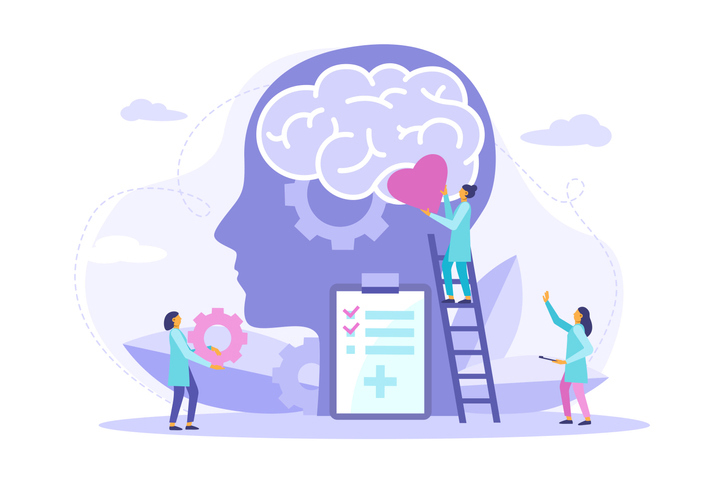
This DFWBGH Employer Mental Health Toolkit contains recommended strategies and tactics to address the following:

Workplace Mental Health Playbook, developed by the Health Action Alliance in partnership with the Ad Council, One Mind, and Mental Health Action Day. The Health Action Alliance is a unique collaboration between leading business, communications and public health organizations to help employers navigate evolving health challenges, improve the health of workers and engage with public health partners to build stronger, healthier communities.
The Employer Mental Health Start-Up Kit includes: Right Direction implementation guide, mental health initiative checklist, communications planner, email templates, how to recognize mental health signs and symptoms, suggests ways to improve access to care, how to talk about mental health at work, how to create Employee Resource Groups, how to build a business case, and much more.
Signs of Depression and What to Do, developed by Right Direction. This component explains depression, discusses symptoms, treatment and provides additional resources.
Depression Screening Tool: Patient Health Questionnaire-9 (PHQ-9) – This is a free depression screening tool developed by a group of mental health physicians, and does not require permission to reproduce, translate, display or distribute. Physicians are reimbursed for this screening using the CPT Code 96127.
CAGE Substance Abuse Screening Tool: The acronym CAGE is derived from four issues included in this tool: Cut down, Annoyed, Guilty, and Eye-opener. A Consensus Panel recommends primary care clinicians to lower the threshold to one positive answer to cast a wider net to identify more patients who may suffer from substance abuse disorders. Disclaimer: Johns Hopkins Medicine did not develop this tool, but merely included the CAGE questions in an easy-to-use format.
StigmaFree Company Initiative from National Alliance on Mental Illness (NAMI): This Initiative encourages Corporate Social Responsibility (CSR) and employee engagement. It provides resources and information needed to promote mental health awareness in the workplace, encouraging acceptance and understanding.
Workplace Mental Health Tips for Leadership Storytelling Guide – developed by the Health Action Alliance in partnership with the Ad Council, One Mind and Mental Health Action Day. This guide provides tips for corporate leaders on crafting their stories, using safe messaging to empower action, being prepared if employees reach out and includes resources for supporting employees in crisis.
5–Essentials for Workplace Mental Health & Wellbeing, from the U.S. Surgeon General. These five Essentials are centered on the worker voice and equity, and support workplaces as engines of well-being. Each Essential is grounded in two human needs, shared across industries and roles.

Mental Health Disparities: Diverse Populations – Employer Fact Sheets developed by the American Psychiatric Association. These Fact Sheets provide a snapshot of the current state of mental health of minority populations and some factors that may contribute to mental health disparities among these groups. Racial/ethnic, gender, and sexual minorities often suffer from poor mental health outcomes due to multiple factors including inaccessibility of high-quality mental health care services, cultural stigma surrounding mental health care, discrimination, and overall lack of awareness about mental health.
Sample Accommodations for Mental Health Conditions from Health Action Alliance. This resource provides a list from the U.S. Department of Labor and the Society for Human Resource Managers (SHRM) of examples of accommodations that have helped employees with mental health conditions be more effective at performing their jobs.
A Guide to Building a Mental Health Employee Resource Group developed by the Health Action Alliance in partnership with the American Psychological Association, Ad Council, One Mind and Mental Health Action Day. Creating an ERG, which can include interested workers, department leaders/managers, and executive officers.
Improving Access to Care by Right Direction. One of the primary obstacles for treatment is the difficulty in accessing timely and affordable health care. Employers can play a key role in improving access to care for mental health and substance use disorders by addressing the important access to care areas in this component.
Help Line Guide by HelpGuide.org. Many of us grapple with issues such as depression, anxiety, or trauma, and reaching out for professional help can feel daunting. The truth is, helplines provide a vital lifeline during intense moments of need, providing immediate support and ensuring your safety.
HelpGuide.org created a resource, What to Expect When Calling a Helpline, that covers:
- Helpline options and how to choose
- What to expect when you reach out to a helpline
- Common concerns that keep people from calling
- When to seek other mental health resources
Collaborative Care Model (CoCM) – DFWBGH is deeply engaged in national efforts to increase use of the Collaborative Care Model (CoCM) to improve treatment of mental illness by engaging primary care physicians, psychological professionals, pharmacists, and other providers in collaborative MH treatment of employees and their families.
There is mounting evidence that implementation of the Collaborative Care Model not only reduces health inequities by increasing access to mental health and substance use disorders treatment, but also can reduce total healthcare costs for employers
Here are links to useful resources to support your efforts to improve access to more effective treatment of mental illness via the Collaborative Care Model:
Mental Health First Aid is a skills-based training course that teaches managers how to identify, understand and respond to signs of mental illnesses and substance use disorders. The training develops the skills you need to reach out and provide initial help and support to someone who may be developing a mental health or substance use problem or experiencing a crisis.
Workplace Mental Health Ally Certificate from SHRM and PsychHub. Attention to the mental health and wellbeing of employees is key to employee retention, job satisfaction, productivity, and overall success. The Ally Certificate equips HR professionals and workforce managers to better understand critical mental health issues and identify appropriate approaches to help employees during difficult times.
Workplace Mental Health – A Conversation Guide for Managers, developed by the Health Action Alliance in partnership with the Ad Council, One Mind and Mental Health Action Day. Managers are typically in the best position to check in regularly with their teams about mental health and remind them about the benefits and support services that the company offers. This guide also offers practical communication tips, from preparing for a conversation, starting and keeping the conversation going, including what language to use; it also provides useful tools and resources.
Positive Mental Health Programming – Right Direction recommends learning and skill-building activities from a variety of vendors to combat feelings of isolation in employees. Below are some of the programming options included.
Kent State University Case Study – Researched-backed practices to improve mental health in the workplace utilizing Right Direction tools and resources.
Texas Health and Human Services contracts with 37 local mental health authorities and two local behavioral health authorities to deliver mental health services in communities across Texas – Find services in your area.
Rebecca McNeal
Alice McAbee
Michelle Brookes
Michelle Gifford
Elizabeth Kiertscher
Frank Webster, MD
Jason Youngblood, MA, LPC
Steven Pratt, MD
Kembre Roberts, PhD
Abinue Fortingo, MPH
Joel Axler, MD
Heather Kopnicky
Elizabeth Bibeau
Siu Po Becker, MD
Tanisha Harrell, MA, LPC-S, NCC
Kacie Kelly
Lindsey Engelman
Lindsay Swain Hunt
Lauren Sweda
Project Development: Marianne Fazen, PhD, Executive Director, DFW Business Group on Health
Project Director: Marc Chappell, Deputy Director, DFW Business Group on Health
Project Manager: Jandis Price, Consultant, DFW Business Group on Health
DFW Business Group on Health (DFWBGH) appreciates the generous support of our
Project Sponsor, Meadows Mental Health Policy Institute.

National Alliance Behavioral Health Vendor Engagement Template – CLICK HERE
The U.S. Surgeon General’s 2022 Framework for Workplace Mental Health & Well-Being – CLICK HERE
Signs of Depression and What to Do – CLICK HERE
Right Direction is a free initiative from the American Psychiatric Association Foundation’s Center for Workplace Mental Health and Employers Health- CLICK HERE
EARN Toolkit – Employer Assistance and Resource Network on Disability Inclusion- CLICK HERE
Workplace Mental Health Playbook – This Playbook was developed by the Health Action Alliance in partnership with the Ad Council, One Mind and Mental Health Action Day – CLICK HERE
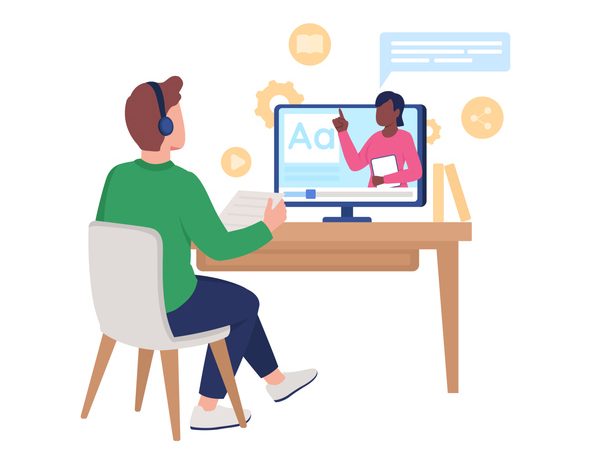
Anti-Stigma Campaigns:
Teen Depression: More than just moodiness (Infographic)- This resource is provided by the National Institute of Mental Health. – CLICK HERE
StigmaFree (NAMI)- CLICK HERE
#IWILLLISTEN (NAMI)- CLICK HERE
Employee Resource Groups:
A Guide to Building a Mental Health Employee Resource Group developed by the Health Action Alliance in partnership with the American Psychological Association, Ad Council, One Mind and Mental Health Action Day.- CLICK HERE
Mental Health Training for Managers:
Mental Health First Aid is a skills-based training course that teaches participants about mental health and substance-use issues- CLICK HERE
The Mental Health Coalition’s Roadmap to Addressing Mental Health in the Workplace – For Managers – CLICK HERE
Health Action Alliance/One Mind: Workplace Mental Health Conversation Guide for Managers – CLICK HERE
A Guide to Building a Mental Health Employee Resource Group – CLICK HERE

Access to Care:
Improving Access to Care by RightDirection- CLICK HERE
Employer Case Studies:
Researched-backed Practices to Improve Mental Health in the Workplace – Kent State University – CLICK HERE
EY: Supporting Employee Mental Health and Ensuring a Disability-Inclusive Response to the COVID-19 Pandemic – CLICK HERE
Lead The Way: Merck’s Inclusive Business Culture – CLICK HERE
Comorbidity: Substance Use and Other Mental Disorders
This infographic summarizes data on the comorbidity between substance use and mental disorders and the rates at which people get treatment for these conditions – CLICK HERE
Source: National Institute on Drug Abuse; National Institutes of Health; U.S. Department of Health and Human Services.
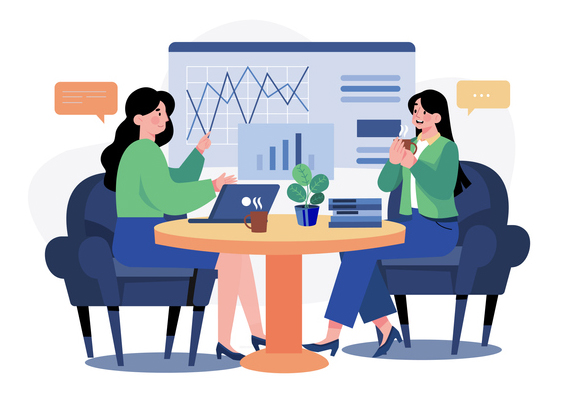
Suicide Prevention:
Mental Health Promotion and Suicide Prevention in the Workplace: A White Paper for HR Professionals and Employment Lawyers – CLICK HERE
New 988 Mental Health and Suicide Emergency Phone line is up and running in the US – CLICK HERE
Warning Signs of Suicide – CLICK HERE
Find Support Groups:
Easy-to-use website that has a mobile-friendly experience with the largest database of free resources for addiction and mental health recovery in the country – CLICK HERE
The COVID-19 pandemic has exacerbated the ongoing mental health crisis in America with an estimated 4 in 10 adults experiencing symptoms of depression, up from 1 in 10 adults reporting symptoms in 2019.1 In Texas, 43.4% of adults reported symptoms of anxiety or depression in February 2021 and 26.4% were unable to obtain the counseling or therapy they needed.2 Depression causes an estimated 200 million lost workdays a year at a cost to employers of approximately $44 billion in lost productivity each year. Depression also contributes to the severity of costly chronic conditions like diabetes, heart disease, also stroke.3
DFWBGH hosted a kick-off meeting with members in February 2022 to introduce and advance the Lone Star Depression Challenge within the DFW employer community. A Depression Advisory Group (DAG) was formed to discuss how DFWBGH would support the LSDC project through the following employer-focused initiatives.
Employer Demonstration Projects:
- DFWBGH and MMHPI will work directly with selected DFWBGH employers on a Worksite Demonstration Project focusing on education, recognizing depression symptoms, reducing stigma, increasing depression screenings, accessing mental healthcare, and developing benefits strategies to support employees’ mental health needs. The project also will include depression-related data collection and analysis, and professional assistance to develop mental health benefits strategies and resources, employee communications, and mental health parity compliance.
Employer Depression Management Toolkit:
- DFWBGH will partner with the Depression Advisory Group, health plans, benefits consultants, mental health providers, and subject-matter experts in the development of an Employer Depression Management Toolkit to be distributed to employers locally, regionally, and nationally.
Employer Educational Programs:
- DFWBGH will conduct employer-focused education programs that address mental health challenges and solutions in the workplace. These programs will be presented in various venues, including worksites, Roundtable Discussions, General Membership Programs, and Depression Advisory Group meetings.
Strategic Communications:
- DFWBGH will develop a communications plan in partnership with MMHPI to raise mental health awareness among DFW employers, create forums (e.g., employee resource groups) to support employees with mental health conditions, and incorporate mental health in diversity, equality, and inclusion (DEI) strategies. The communications plan, as well as project updates and reports, will be shared through local, regional and national press and social media channels.
The pandemic caused a shift in the way employers, employees, and society as a whole view mental health, and forced companies to rethink their workplace culture. Through our collaborative initiatives with MMHPI, DFWBGH has been a force for change in the post-pandemic business world, helping employers become mental health champions by removing stigmas and developing culturally competent mental health benefits, resources, and policies.
Contact DFWBGH at 214.382.3036 or Jandis Price at jandis.price@dfwbgh.org if you are interested in participating in this innovative Employer Demonstration Project.

